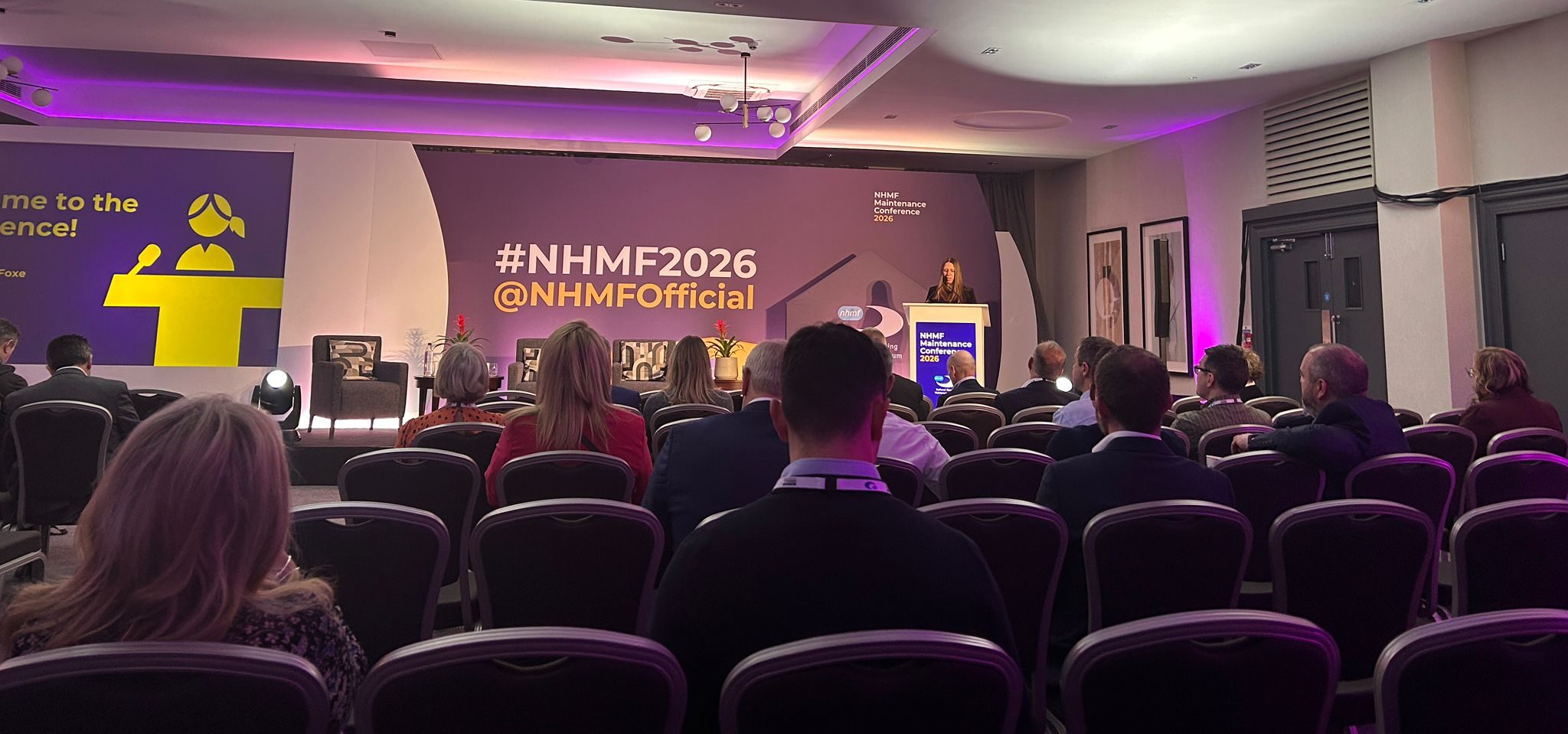Meet the Supplier: Get to know Bell Group
In our latest ‘Meet the Supplier’ feature, we got chatting with Bell, supplier on Lots 4 and 5 of our Building and Fire Safety framework, developed with Contracting Authority The Hyde Group, and Lot 2 of our GFP Decarbonisation Delivery and GFP Decarbonisation Delivery– Scotland frameworks, developed with Abri on behalf of the Greener Futures Partnership, to learn more about its commitments to training and apprenticeships, its focus on the development of new systems, and more.

What is your company’s mission statement/aims/objectives?
Bell’s clients, and the communities it works in, are at the heart of its business. Bell’s mission is to maintain, protect and improve the built environment, provide its clients with a valuable, cost-effective service, and protect its communities by minimising the environmental impact of its work.
Can you give us a brief history of your company?
Bell has been family owned and operated since 1988. Since then, it has grown to become one of the largest property services contractors in the UK, with directly employed teams across 37 branches.
Its largest sectors are now Social Housing, Local Authority, Healthcare, Education, Defence, Leisure, Retail, Industrial, and Commercial.
What are the benefits of being a supplier on this framework?
One of the biggest benefits for Bell is that the Pretium team offers the trust and security of a vetted network of suppliers. The process is simple and efficient, giving Bell peace of mind and assurance.
What specific products or services does your company deliver through the framework (s)?
Bell currently provides retrofit works and asset management services on the Building and Fire Safety framework and GFP Decarbonisation Delivery and GFP Decarbonisation Delivery– Scotland frameworks.
Can you share some key achievements or successful projects completed through the framework?
Some of Bell’s stand-out achievements on the framework so far include its projects with Hafod Housing, Home Group and Sanctuary. It looks forward to completing many more fire safety projects in the future.
What sets your business apart from its competitors?
Culture is everything to Bell. Being genuinely passionate about the work you’re performing should be part of the DNA of any business, and this is the ethos that lies at the heart of the company. It is dedicated to its people, which are its key strength, and invests in helping each team member succeed in the business – with several directors starting as apprentices! Bell is also considered to be one of the largest employers of apprentices within the construction industry, proving its commitment to the professional development of its employees.
How does your company contribute positively to the communities it operates in?
Bell is all about people. That’s why it employees over 120 apprentices a year and has partnered with construction colleges across the UK to develop Bell Academies. These academies support apprentices and provide support to full and part– time construction students and teaching staff, delivering employability skills sessions, masterclasses and work placements for students.
Its local direct delivery model also focuses on recruiting within the communities where Bell works and supports social mobility through job progression and opportunities.
What will be the key areas of focus for your business over the next 12 months.
Bell’s focus will be on the development of new systems and building self-delivery teams to deliver retrofit works which will increase efficiency and consistency across its projects.
What are the biggest challenges currently facing the housing sector?
Bell believes that a lack of knowledge surrounding retrofit works, and issues with resourcing and mobilisation, are some of the biggest issues affecting the sector. The number of households living in fuel poverty remains a pressing issue – from both the perspective of tenant wellbeing and respiratory health, and the structural integrity of properties, which can become damaged when not heated adequately.
What are the biggest challenges currently facing your company and your supply chain partners?
Currently, the supply chain is being hit by a declining workforce and a lack of industry appeal. Although things are beginning to stabilise, Bell also believes that general price increases and rising fuel costs will continue to hit the sector hard.
If you were Housing Minister for the day, what would you change?
If Bell was housing minister for the day, it would make it easier to plan new– build developments and encourage longer-term contracts that would encourage more opportunities for local social value.
Can you tell us an interesting fact about your organisation?
Bell has its own unique training centre providing both the practical and theoretical elements of an apprenticeship thus making us the college and the contractor! Its 12 decorating academies can be found across the length and breadth of the UK providing experience and training for the partner college students.
What impact has the Building and Fire Safety Act had on the delivery of projects within the sector?
One of the biggest impacts has been a notable increase in compliance tenders. Most importantly, Bell believes that there is widespread ambiguity due to the terminology used in the act, and a general lack of understanding of what it means for professionals and works delivered across the industry.
In your opinion, what are the biggest challenges the Scottish housing sector is facing as it works to make housing more sustainable?
Unfortunately, the Scottish sector is behind the rest of the UK due to the changing political landscape which has resulted in clients taking a more conservative approach to retrofit. This will need to change if Scotland is to develop a stronger reputation for delivering more sustainable housing in its communities.






